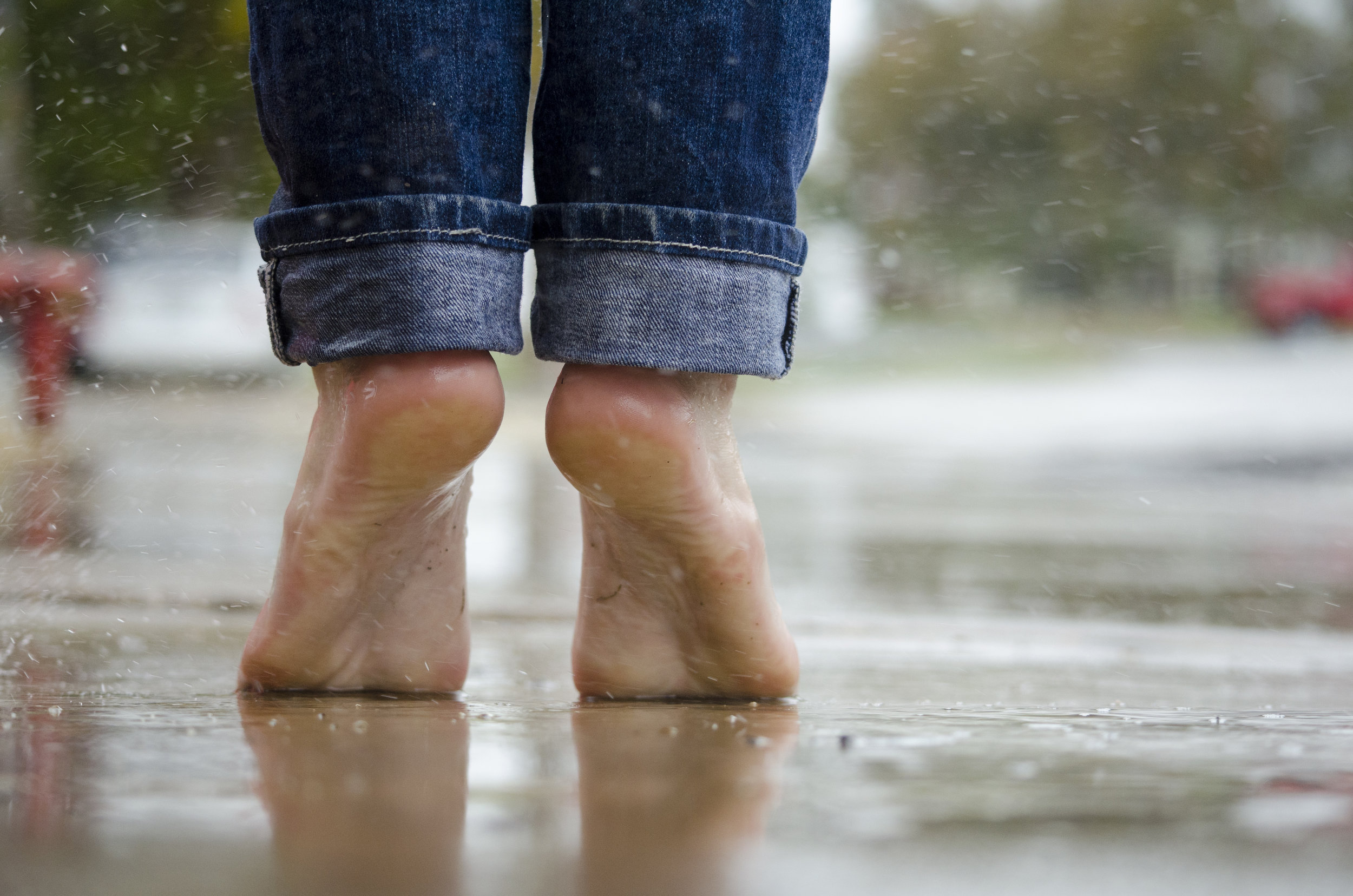World Environment Day Tweetchat: Consuming Too Much Stuff Is Costing Us The Earth. Let’s #cutitout

Overconsumption has been called the mother of all environmental issues. We are a people obsessed with stuff and the pace at which we are accumulating it is costing us the earth - quite literally. One study found that the stuff we consume - from food and shelter to fashion and electronics - accounted for 60 percent of global GHG emissions and 81 percent of total freshwater use.
The impact of our choices on the planet’s finite natural resources has been much written about. We know that our appetite for palm oil is destroying rainforests in Indonesia, e-waste is poisoning the air and water in poor Asian and Latin American countries, and cheap second hand clothing is killing local enterprise in Africa. Closer home, the rivers of Kanpur and Tirupur speak respectively of the pollution caused by leather and textile manufacturing while the Western Ghats bear testimony to our insatiable thirst for water.
Yet, we continue consuming this way because the consequences of our actions are borne by people and places far away and invisible to us.
When is enough really enough?
Consumption is the backbone of our economy, facilitating job creation, promoting economic growth and fostering material well-being. Asking people to stop consuming is not just impractical but economically infeasible.
Consumerism, on the other hand, or the ideology that encourages the acquisition of an ever-increasing number of goods is fuelling a materialistic outlook that’s particularly disastrous for the planet. All day we are bombarded with ads that tell us we’re not cool enough, good enough, rich enough, fit enough, happy enough, or healthy enough unless we buy something new.
Our current linear economy is based on rapid take-make-use-dispose cycles and the stuff it churns out is marketed to us like it’s perpetually in short supply. Planned obsolescence is worked into the design of goods; they are made to become useless as soon as possible so we discard them and start shopping again.
So we end up buying more and more stuff not to fulfill a need but to fit in, stay on top of a trend, be appreciated or feel good. It’s what we do when we’re indulging in retail therapy. That impulse online purchase in the midst of work, that extra TV for the bedroom, that bottle of mineral water when regular would’ve worked just as well. It’s the superfluous purchases that we can do without.
While technological solutions that allow more efficient use of raw materials and energy have been offered to address the problems of overconsumption, they only serve to make the same goods available to consumers at lower costs so the same budget buys more of it than before. Meeting the resulting rise in demand will only put more pressure on scarce natural resources.
Continuing with our current consumption patterns is no longer an option. In ‘conscious consumerism’ lies only part of the answer. Sustainable products still fulfill needs we don’t actually have and they continue to be out of reach of most people.
Is it possible for us to take stock of our consumption behaviour and make changes to it? To stand up and say 'I have enough'. If you are sceptical about the power of individual action, think of how fashion trends, social movements and game-changing businesses originate with a single idea and spread with a ripple effect.
On World Environment Day, join Eartha (@EarthaMag) and Bhoomi College (@Bhoomi_College) on Monday, June 5th between 3.00 PM and 4:00 PM IST for a tweetchat about that one thing you are ready to cut out of your life. Join using #cutitout.
Illustration by Shikha Nambiar.






